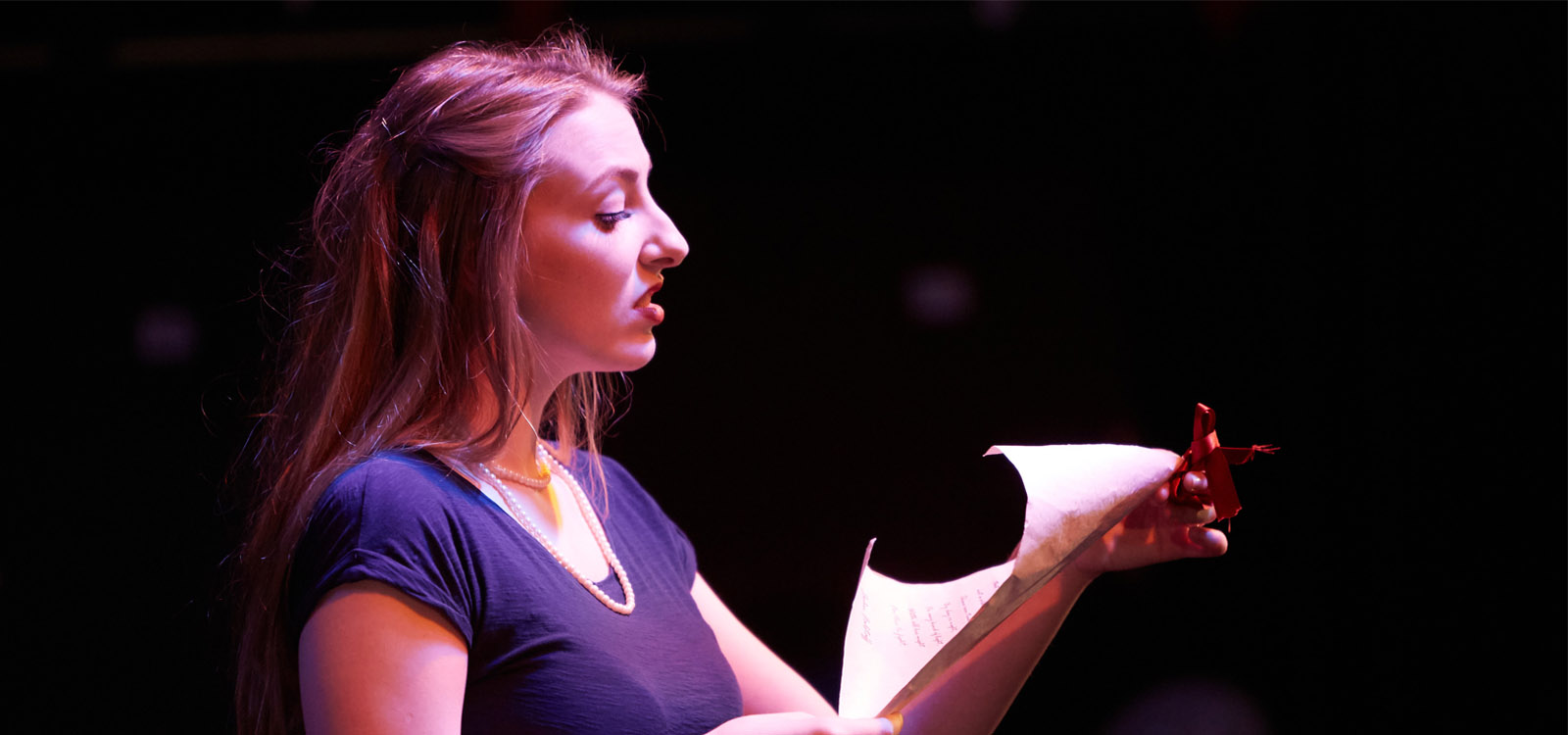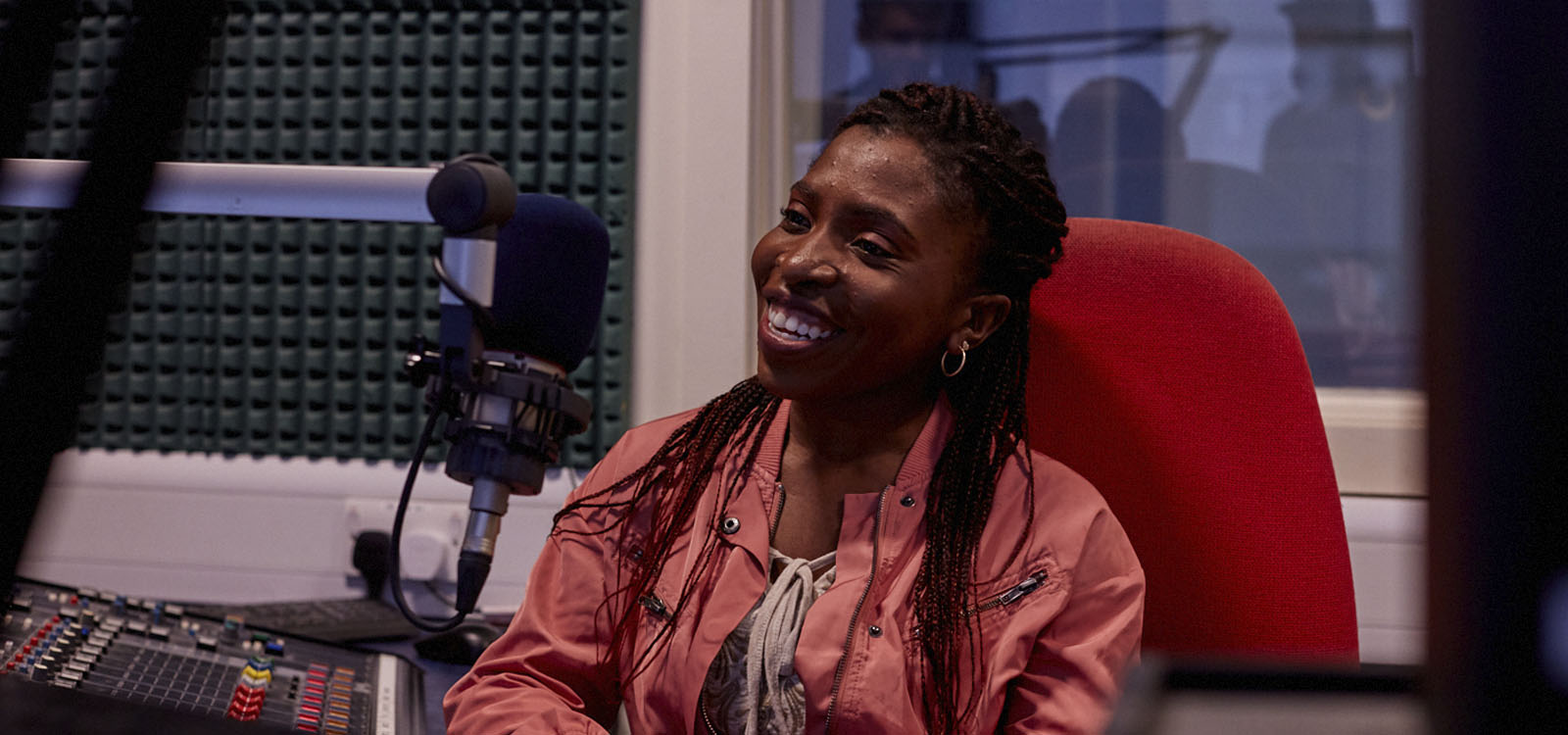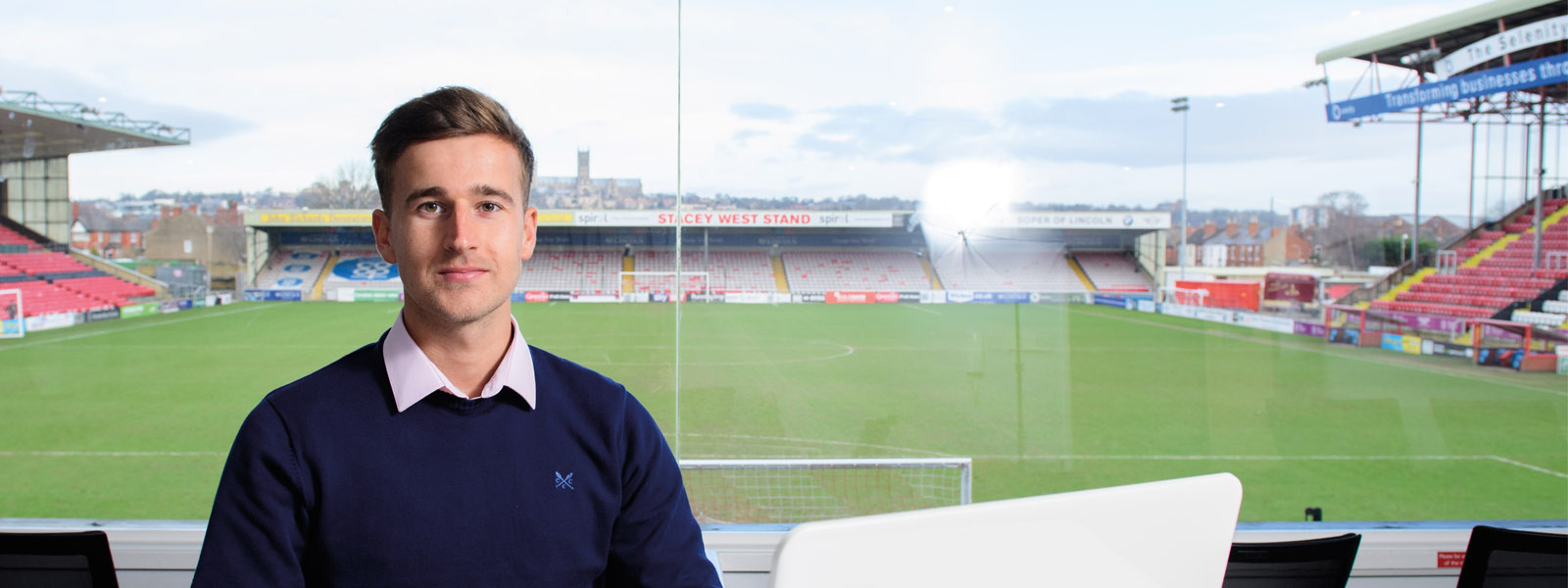How You Study
A number of Lincoln's English academics are international research leaders in their fields, and their research directly informs their teaching. Areas of particular strength include 21st Century literature, 19th Century literature, Gothic studies, American literature, and the medieval.
The first year of the course introduces narrative, poetry, drama, popular culture, literary history, and literary criticism. In the second year, you can choose from a range of optional modules which may include The Arthurian Myth, Restoration Literature, Romanticism, and modern American literature.
You may be offered the opportunity to study abroad for one term during the second year, at universities in the US, Canada, Australia, or Germany. Students who do so are responsible for any associated travel, accommodation, and general living costs.
In the final year, you are able to explore exciting and timely subjects, such as the literature of childhood, literature and the environment, detective fiction, American literature and culture, Gothic literature and film, or specialist author-focused modules such as Chaucer, Shakespeare, Bronte, or Dickens. You also have the opportunity to undertake a dissertation on a research topic of your choice.
Modules are taught through a variety of methods from year-group lectures and small-group seminar teaching to individual tutorials and one-to-one supervision. Each of these modes is designed to facilitate your learning by developing a range of different approaches to engaging with texts.
In order to study English at university, you will be expected to read widely in the subject. This will mean undertaking self-guided study and research in preparation for taught sessions. You will be provided with detailed reading lists for each module.

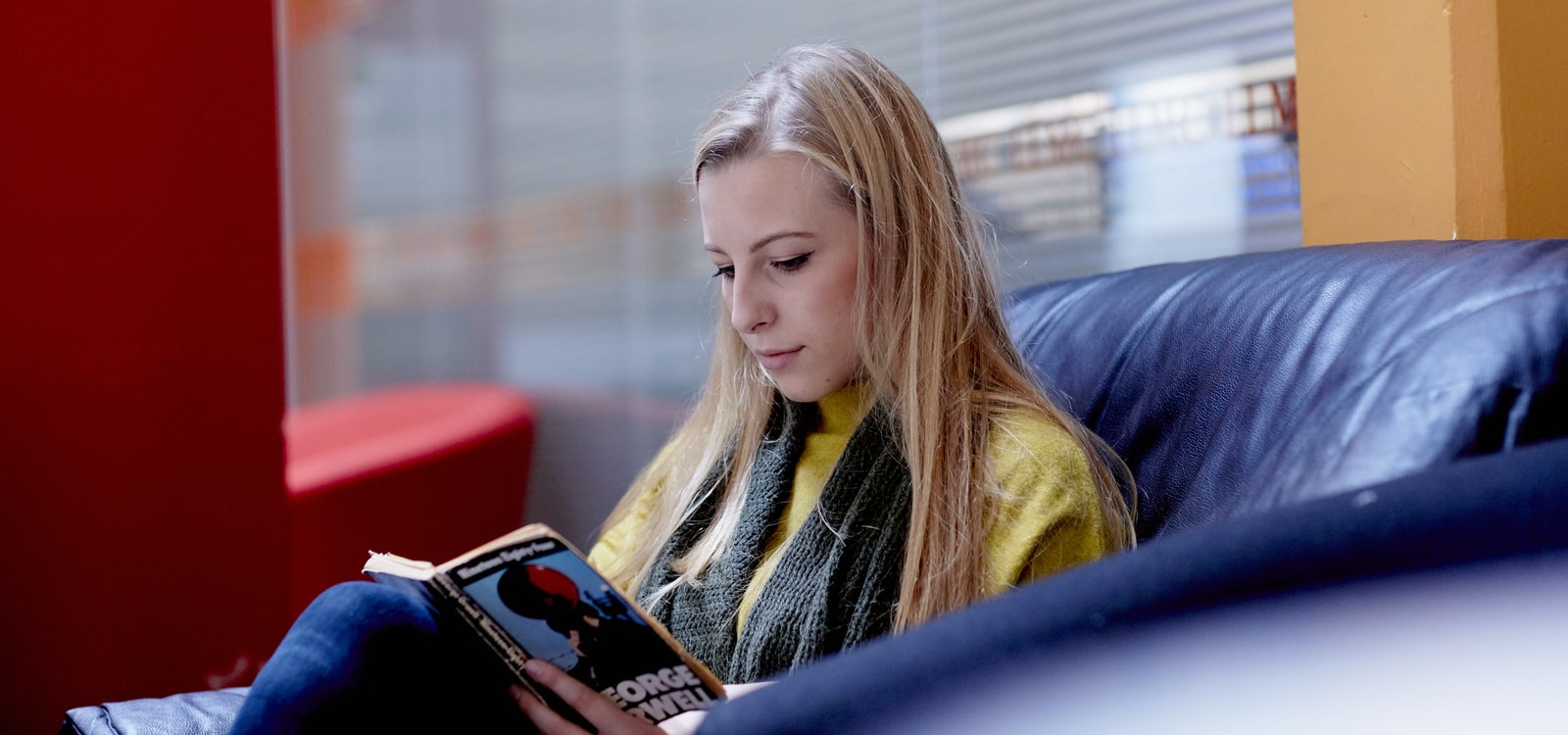

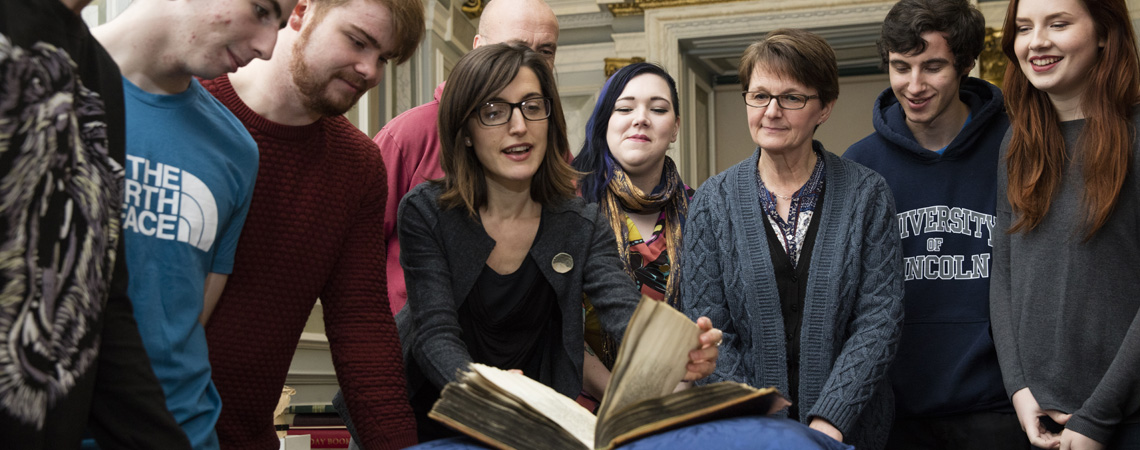
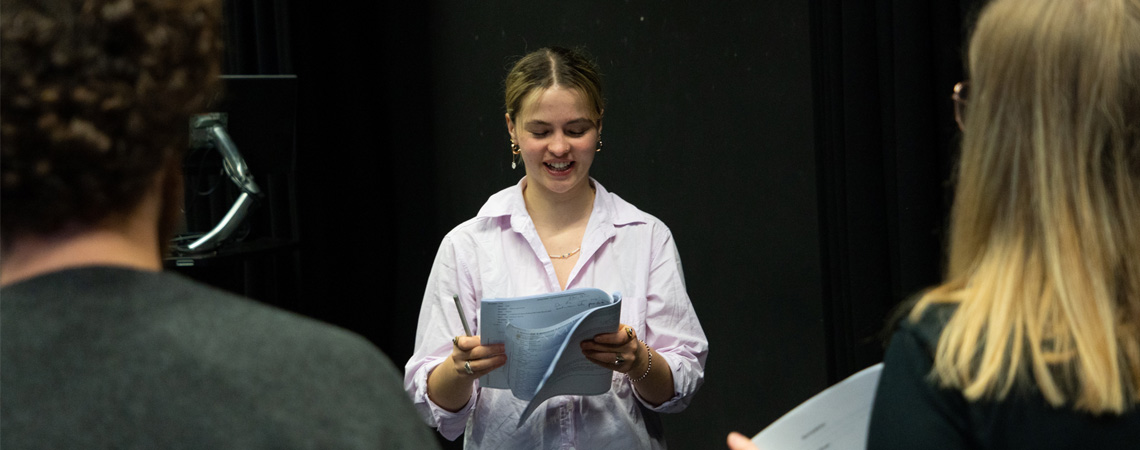
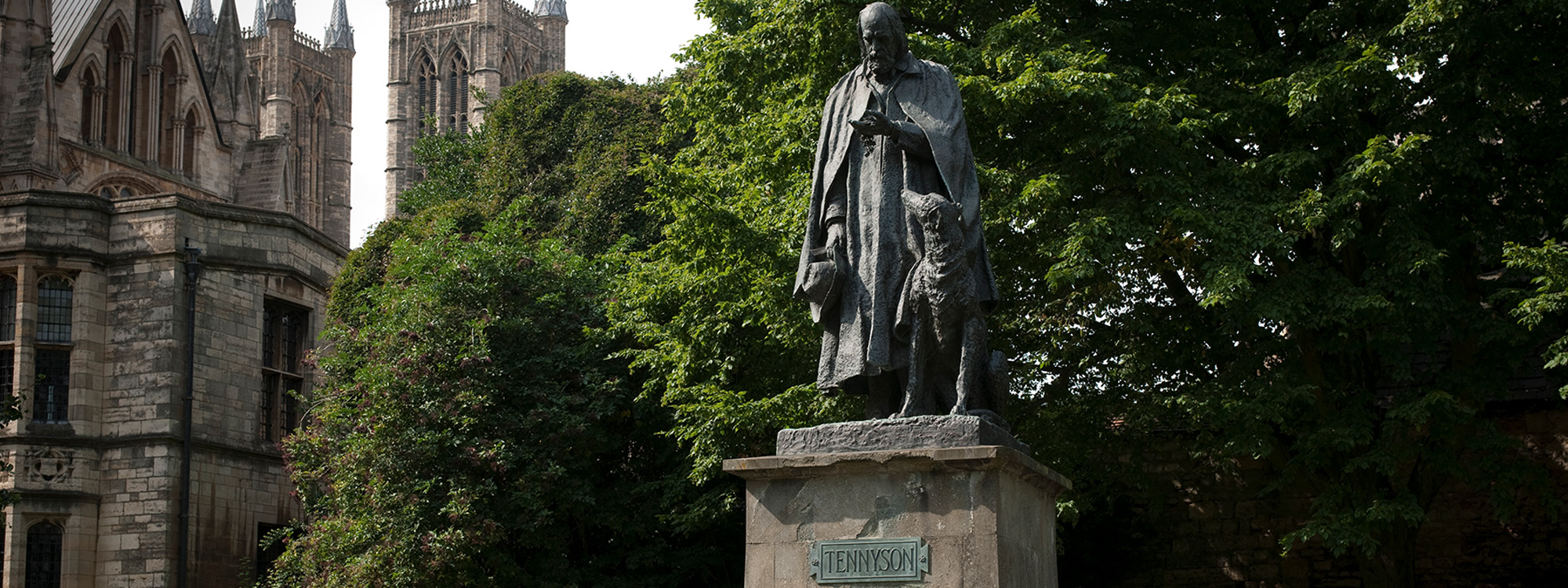
.jpg)


